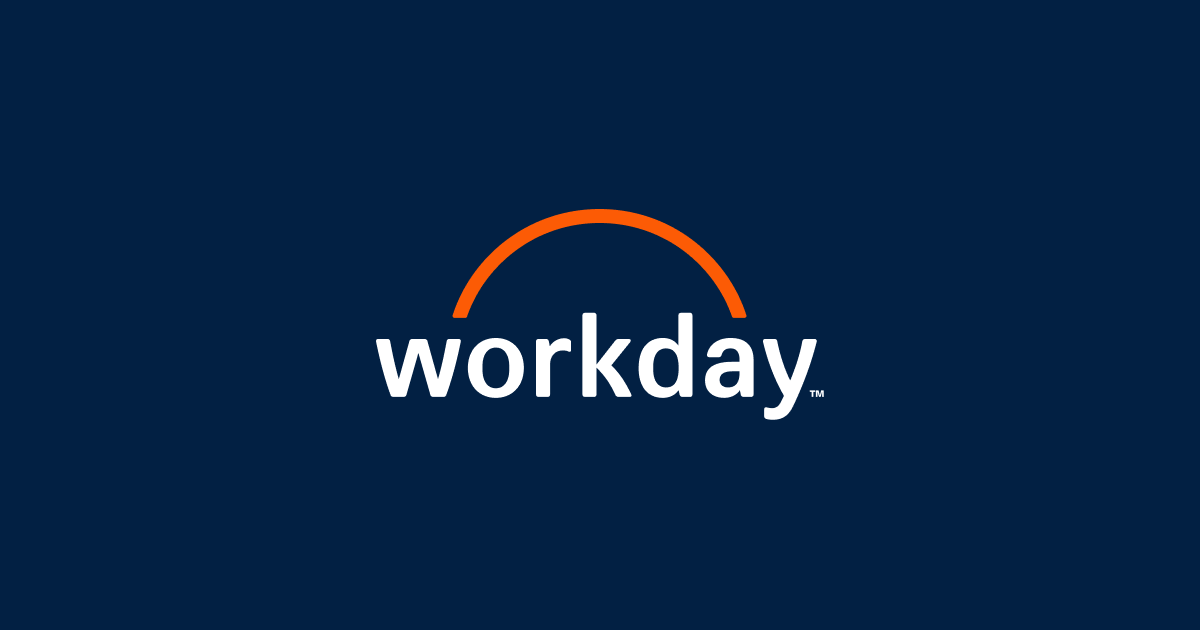Introduction
In the dynamic world of Human Resources, staying ahead of the curve is crucial for streamlining processes, optimizing employee management, and fostering a productive work environment. Enter Workday, a cloud-based HR software that has been making waves in the industry. In this article, we embark on a journey to explore the features, benefits, and potential drawbacks of Workday, shedding light on how it can reshape HR operations.
Overview of Workday
Workday is a leading human capital management (HCM) and financial management software designed to meet the evolving needs of modern businesses. It offers a comprehensive suite of applications encompassing HR, payroll, talent management, time tracking, and more, all accessible through a user-friendly interface.
Key Features and Benefits
1) Unified Platform: Workday integrates HR, finance, and analytics into a unified platform, enabling seamless data sharing and informed decision-making.
2) Cloud-Based Accessibility: With a cloud-based architecture, Workday provides secure and convenient access to critical HR data from anywhere, at any time.
3) Intuitive User Experience: Its user-friendly interface simplifies navigation, making it easy for HR professionals and employees to use and navigate the software.
4) Talent Management: Workday offers robust talent management features, including recruiting, onboarding, performance management, and learning and development.
5) Advanced Analytics: The software provides powerful analytics tools that allow HR professionals to gain insights into workforce trends and make data-driven decisions.
6) Mobile App: Workday's mobile app enables employees to access HR information, submit time-off requests, and perform other tasks on the go.
7) Customization: Workday's flexibility allows for customization to match the specific needs and workflows of different organizations.
Drawbacks and Considerations
1) Cost: Workday's pricing structure may not be suitable for smaller businesses with limited budgets.
2) Implementation Complexity: While robust, the software's advanced features can lead to a relatively complex implementation process.
3) Learning Curve: The extensive functionality of Workday may require training for both HR professionals and employees to utilize its features effectively.
4) Continuous Updates: Regular software updates ensure the platform's efficiency, but they can also necessitate ongoing training and adaptation.
Real-World Implications
Workday's impact goes beyond the software itself. It empowers HR professionals to elevate their roles from administrative tasks to strategic decision-makers. With streamlined processes, actionable insights, and efficient management, HR teams can focus more on employee engagement, development, and well-being.
Case Studies and Success Stories
Companies like Airbnb, HP, and Aon have leveraged Workday to enhance their HR operations. These case studies showcase how Workday's features have enabled these companies to manage global workforces, improve talent acquisition, and streamline reporting.
Conclusion: Shaping the Future of HR
Workday stands as a testament to the transformative power of technology in the realm of HR. Its comprehensive suite of features, combined with its user-friendly design and real-time analytics, positions it as a game-changer in the HR software landscape. However, like any tool, its effectiveness depends on its alignment with an organization's unique needs and goals. For businesses ready to embrace innovation and empower their HR teams, Workday offers a pathway to enhanced efficiency, employee engagement, and strategic growth.


No comments:
Post a Comment